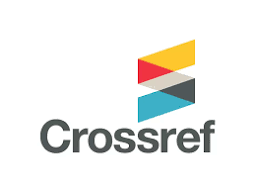Clinico-Morphological Patterns of Breast Cancer in Manipur, India.
Keywords:
Breast cancer, infiltrating duct carcinoma, lobular carcinoma, TNM staging.Abstract
Background: Breast cancer is among the most common malignancy affecting females. The aim of the study is to evaluate the clinico-morphological patterns of breast cancer. Methods:This retrospective study was conducted from January 2006 to December 2010 in RIMS Hospital, Imphal, Manipur. Study included all histologically diagnosed cases of female breast carcinoma during the above mentioned period. Detailed clinical data including age, site, side, family history and histological reports were retrieved from the records section. Results:A total number of 142 cases were studied with ranging from 25 years to 76 years having a mean age of 46.8 years. Most common age group was seen in 41-50 years with 49 cases (34.5%). Infil-trating duct carcinoma (IDC)- no special type was the commonest type with 109 cases (76.76%), fol-lowed by infiltrating lobular carcinoma (ILC) with 22 cases (15.49%). The disease was left sided in 104 cases (73.24%) and right sided in 38 cases (26.76%). TNM Staging was available in 89 cases, Stage IIIB (47.19%) was the commonest followed by stage IIIA with 26 cases (29.21%). Majority of the cases were grade III, seen in 81 cases (57.04%), followed by grade II with 42 cases (29.58%) and grade I with 19 cases (13.38%). Conclusion:Breast carcinoma is still a common problem affecting females with invasive ductal carci-noma being the commonest. A higher percentage of high grades and a late stage of presentation are due to lack of proper screening and awareness programme in the state.
Downloads
Published
Issue
Section
License
Readers may “Share-copy and redistribute the material in any medium or format” and “Adapt-remix, transform, and build upon the material”. The readers must give appropriate credit to the source of the material and indicate if changes were made to the material. Readers may not use the material for commercial purpose. The readers may not apply legal terms or technological measures that legally restrict others from doing anything the license permits.

